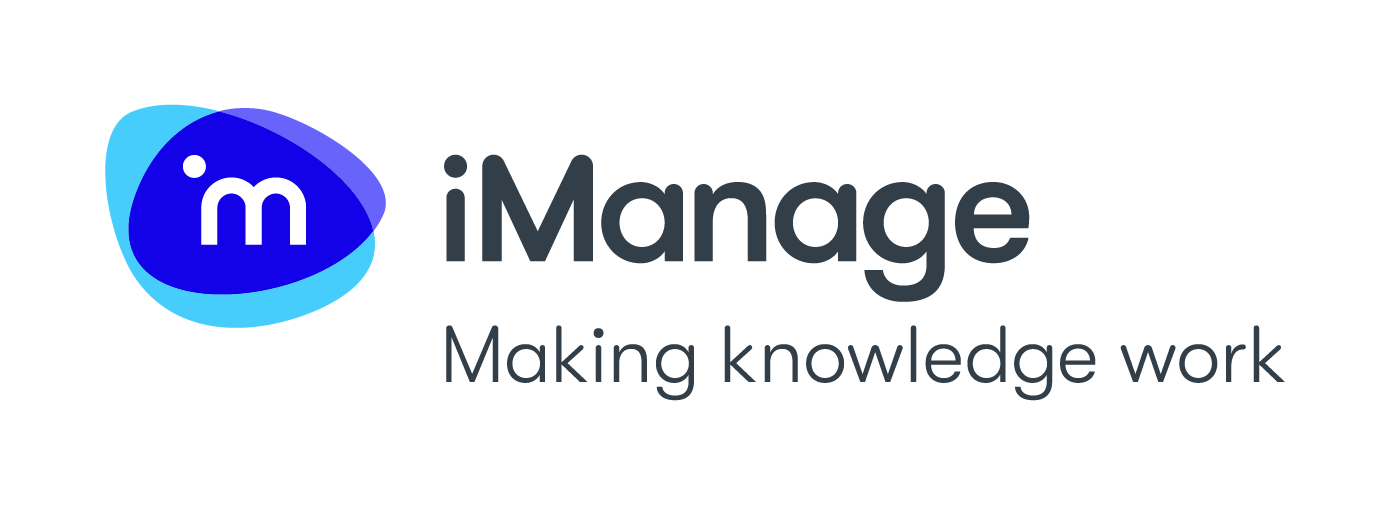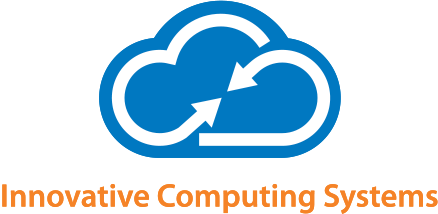How Much Does VoIP Phone Service Cost a Small to Midsize Business?
By Vincent Finaldi
In the VoIP industry, one of the most common questions we are asked is, “How much does a cloud-based VoIP phone system cost?” The answer is…it depends—primarily on three main factors. To help you get a sense of how pricing is determined in the VoIP industry, we’ve openly and honestly discussed those three factors below.
VoIP Pricing: A History Lesson
Over the last five years, VoIP phone technology has become increasingly mainstream, and it’s now been widely adopted by many businesses, both large and small. Consequently, the investment cost and available features have become more and more similar and competitive across providers.
A quick comparative search reveals that most VoIP providers today charge $25.00 per user per month. That’s not a secret. However, if you want to avoid jarring surprises when you get your first VoIP invoice, it’s essential to know that many additional details go into installing and supporting the VoIP phone hardware, and these details affect what you pay.
Pricing Breakdown of a VoIP Phone System
When it comes to the purchase and installation of a VoIP phone system, there are three primary components that make up your total price.
1. Recurring monthly VoIP phone service cost
This fee can be as little as $15.00 per user per month for courtesy phone extensions (e.g., kitchen phones or wall-mounted phones primarily used for intercom) up to $25.00 or more per user per month (for phones that offer the feature sets most businesses utilize). The $25.00 per user per month fee is the most common option, and includes the following:
-
Unlimited phone line usage;
-
Activation of standard phone system features;
-
Voice mail extension;
-
Three or four phone extension dialing between extensions; and
-
End-user portal software.
Optional Additions to Your VoIP Phone System
According to your office environment and business needs, some of these additional features might be beneficial:
-
Administrative portal – free (included at no charge);
-
TeleCloud Mobile App User – $2.00 per user per month;
-
Voice mail to text transcription – $2.00 per user per month;
-
Call recording – $3.00 per user per month;
-
Main WebFax – $20.00 per user per month;
-
Direct inward dial line – $1.50 per user per month;
-
Call center agent or agent supervisor – $10.00 per user per month, which includes:
-
basic user;
-
call center agent license;
-
call recording;
-
advanced call reporting; and
-
real-time dashboard for supervisors and managers;
-
Toll-free line – $2.95 + usage;
-
Conference bridge – $5.00 + usage; and/or
-
Customer relationship management (CRM) integration – depends on CRM and integration requirements (conversation is needed).
Again, these prices are in addition to the monthly user fee and do not include Internet access fees or SD-WAN technology.
2. Project cost (IP phones and hardware, onsite phone installation, wiring and end-user training services)
Five factors make up the project cost for your VoIP phone system:
-
Various IP phones (desktop, cordless, conference room);
-
Peplink firewall and/or SD-WAN appliance;
-
Network switch or Phybridge appliance;
-
Ethernet wiring/cabling services; and
-
Professional onsite and remote labor services, including phone system programming, onsite wiring, onsite installation and onsite training.
Most customers prefer to take on the cost for the project and hardware as a sixty-month rental program. Shorter terms (e.g., twenty-four months or thirty-six months) are also generally offered, if preferred.
The vast majority of small business clients elect to rent for two reasons. One, it allows the business to maintain working capital, and two, it means the vendor can fully manage and support the overall solution at no additional charge throughout the entire business relationship.
3. Ongoing Support Services (Post-installation)
The following should be included in your fixed monthly rental rate:
-
Unlimited remote access to a help desk and team through phone and/or e-mail;
-
Unlimited remote training;
-
Advanced hardware replacement if any vendor-provided hardware fails;
-
Proactive monitoring of your VoIP system; and
-
Call flow and auto attendant recording and programming as your business evolves.
Onsite services (training, service and account management) should also be available.
Under a standard rental program, at the end of your term, you can determine if you want to own the existing hardware, return it or refresh the hardware with new IP phones and an updated firewall.
Price Is About More than the Numbers
When you’re getting quotes from multiple VoIP providers, it’s easy to fall into the trap of jumping at the lowest number quoted. That can be problematic, though, for several reasons.
-
Most providers will be up front about the monthly fee per user but will downplay the importance of onsite services. The reason some providers can charge less is because they never step foot in your office—for anything. It’s a 100% remote relationship. Your IP phones and router are shipped to you in a box for a “do-it-yourself” installation.
-
If the VoIP phone system you get ends up not matching your expectations, it can be incredibly difficult (and painful) to get out of that arrangement. Once your phone numbers port to the new provider, contracts make it difficult to undo what you did. It’s worth taking your time, asking lots of questions and ensuring you end up with the right company for your business.
National VoIP Providers versus Local VoIP Companies
-
National VoIP providers don’t want to come on site for your “small” business (under one hundred users). When this assessment is skipped, important account nuances are bound to get overlooked—from the technical, hardware and wiring perspective to the interpersonal dynamics. You’ll also have to deal with remote installation, end-user training and account management.
-
Local VoIP providers know the geography, third-party IT vendors, local infrastructure and quality of Internet connectivity and can offer solutions based on those factors. This single fact can have a significant impact on your call quality, call reliability and network stability.
-
Most national VoIP providers downplay the complexity of phone system installation, and most small business clients are not aware of the potential headaches or risks often associated with a “do-it-yourself” solution. Working with a local company for your VoIP phone system install means you never have to go it alone.
Other Cost Considerations for Your VoIP System
-
Determine how much you are currently spending on phone lines, fax lines, phone system maintenance and any third-party providers, such as conference calling or toll-free lines. All these expenses can go away when you port your phone numbers to a VoIP provider.
-
The numbers provided here are for educational and illustrative purposes. (Note, this budgetary guideline is a good starting point for companies with fifty phones or less.) Your actual bill will vary based on your company’s setup and particular specifications.





















